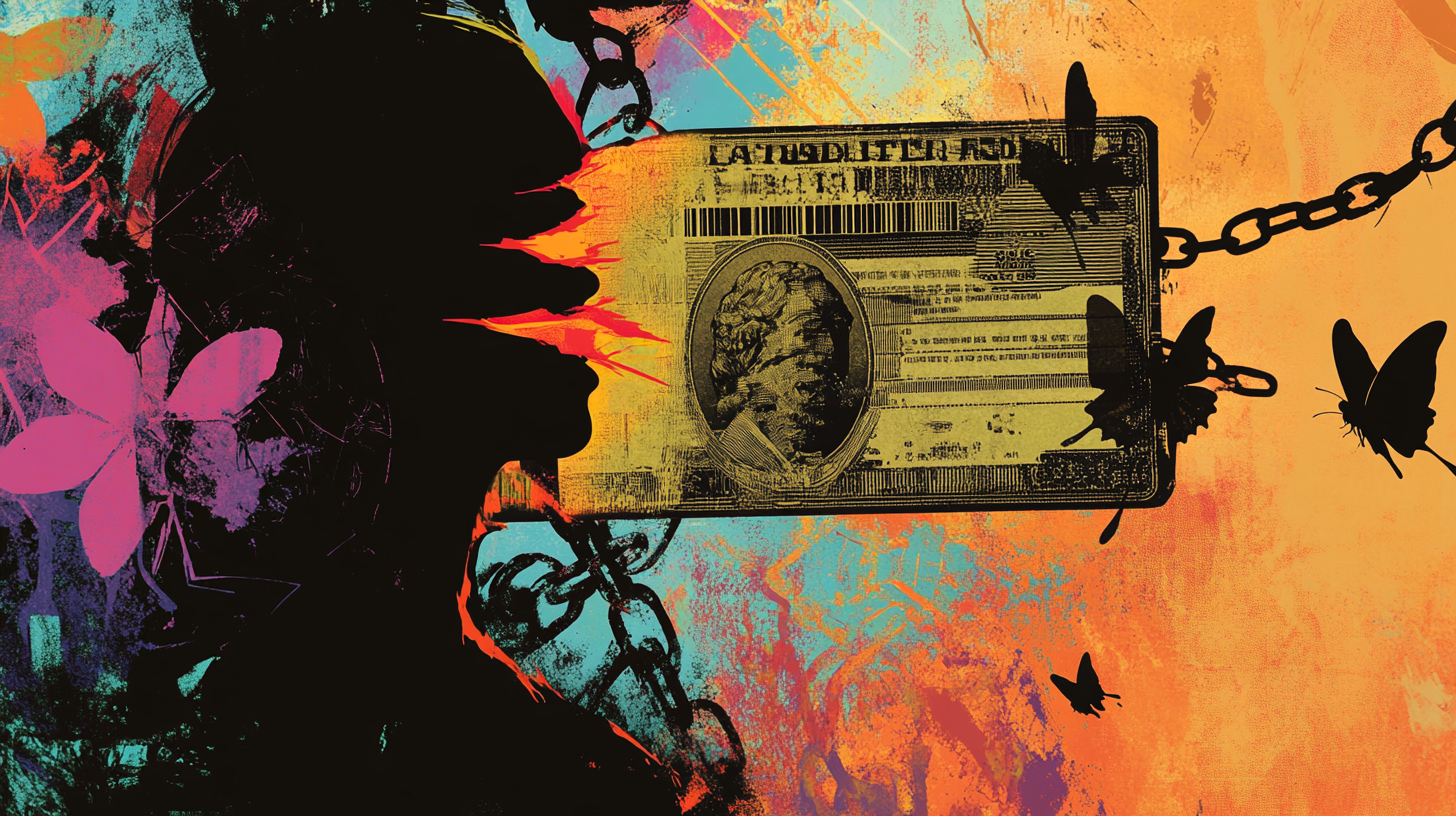In a pivotal court case currently making headlines, the state of Florida is grappling with the implications of mandatory markings on the driver’s licenses of individuals convicted of certain offenses. This legal debate raises complex issues surrounding public safety, individual rights, and the First Amendment’s protections against compelled speech. As we delve deeper into this controversy, readers will gain an understanding of the legal arguments at play, the historical backdrop, the potential implications of court decisions, and how these developments could affect citizens’ rights moving forward. Whether you are a legal professional, a concerned citizen, or simply interested in civil rights, this article aims to clarify the nuances of this legislative matter and its broader societal impact.
The Core Issue: Government Compelled Designations
At the heart of the debate lies a law requiring the Florida Department of Highway Safety and Motor Vehicles to affix special markings on the driver’s licenses or ID cards of individuals with certain convictions. Proponents argue that these designations enhance public safety by allowing law enforcement to quickly identify individuals with serious past offenses. However, opponents view this requirement as a form of punishment and stigmatization that infringes on constitutional rights, specifically the First Amendment’s free speech protections.
The Legal Battle
The case began with Michael Crist, who challenged the compelled marking on his driver’s license after being found in violation due to its presence. The appeal courts are assessing whether such a policy is legally sound and whether it violates Crist’s rights under the First Amendment and other constitutional protections.
Compelled Speech vs. Public Safety Claims
- Supporters of the Marking
- They argue that distinguishing these individuals prevents future crimes and enhances community safety. By alerting law enforcement officers to a person’s criminal history, they believe it allows for more informed and potentially cautious interactions.
- Opponents of the Marking
- Critics assert that this is akin to branding, which imposes undue stigma on individuals who have already served their sentences. They argue that it violates the core principles of equal protection and due process by subjecting certain individuals to public scrutiny based purely on their past convictions.
This clash of opinions illustrates how this legal issue straddles the line between individual rights and the state’s responsibility to ensure public safety.
Judicial Review and the “Hybrid” Nature of Driver’s Licenses
The legal discourse surrounding Florida’s driver’s licenses hinges on identifying the nature of the speech involved: is it government speech, personal speech, or a mixture of both? Understanding this distinction carries significant implications for judicial scrutiny levels.
The Speech Spectrum Explained
- Government Speech: If deemed purely government speech, the laws involved undergo a “rational basis review,” meaning they need only a cursory justification to uphold.
- Personal Speech: If characterized as personal speech, the challenge would meet a much stricter standard known as “strict scrutiny,” requiring the government to demonstrate a compelling interest to justify the regulation.
The Florida appellate court must determine whether the markings constitute public expression or if they are an imposition on individual freedoms. The court notes that a Florida driver’s license embodies both government-issued information and personal identifiers, which adds complexity to this assessment.
What Constitutes Personal Speech?
The court highlighted that personal information such as home addresses, organ donor status, or military service notation constitutes individual expression. Individuals voluntarily include these designations to communicate aspects of their identity. Conversely, mandated markings would compel speech that reflects a government determination rather than the individual’s choice.
Implications of the Court’s Decision
The outcome of this case is likely to set a precedent in Florida’s legal environment.
Possible Outcomes
- Affirmation of Current Policy: Should the appellate court uphold the mandatory designations, Florida would not alter its process. Critics argue this would perpetuate a system of public shaming even after individuals have completed their sentences.
- Reversal of the Policy: Conversely, if the court rules against the mandated markings, Florida’s legislature would be required to reevaluate how it handles the marking of driver’s licenses, potentially eliminating the required designations altogether.
Broader Political Context
This legal question reflects longstanding tensions between public safety measures and individual rights—particularly for those with felony convictions. The past decades have seen a rise in punitive measures, such as registration and notification laws, aimed at tracking offenders. Critics argue that these measures often go beyond the sentence imposed, serving to belittle the rehabilitative efforts of those who have paid their dues.
Potential Changes in Legislative Policy
While ongoing court proceedings will determine the immediate fate of these markings, it is worth noting that Florida lawmakers retain the power to revise the policy. Possible legislative actions might include:
- Narrowing the Scope: Defining which specific offenses should carry markings instead of applying the requirements universally.
- Enhancing Due Process: Allowing individuals the right to contest or seek the removal of said markings based on personal circumstances.
- Sunset Provisions: Implementing timelines for reviewing the effectiveness of these laws regarding public safety and the impact on former offenders.
Such policy revisions would aim to achieve a better balance between community protection and a fair treatment of individuals seeking to reintegrate into society.
Conclusion: The Road Ahead
The ongoing court case concerning Florida’s mandated marking on driver’s licenses brings to the forefront important discussions about the balance between public safety and individual rights. The outcome not only influences the individuals affected but also speaks to broader societal values regarding rehabilitation and stigma.
As citizens, it is crucial to stay informed about these developments and engage in the discussion surrounding civil rights, especially as they pertain to those who have served their time. By keeping an eye on legal proceedings and legislative actions, we can contribute to shaping policies that uphold fairness and justice for all individuals, regardless of past mistakes.
Key Takeaways
- Stay Informed: Follow updates on the court’s decision, as it may set a significant legal precedent in Florida.
- Engage in Advocacy: Support legislative initiatives that aim for fair treatment of individuals who have served their time.
- Understand the Issues: Recognize the complexities surrounding public safety and individual rights in the context of criminal justice.
As we await the Florida Supreme Court’s ruling, it remains imperative that we foster discussions around these critical issues to ensure a just and equitable legal framework moving forward.






Leave a Comment